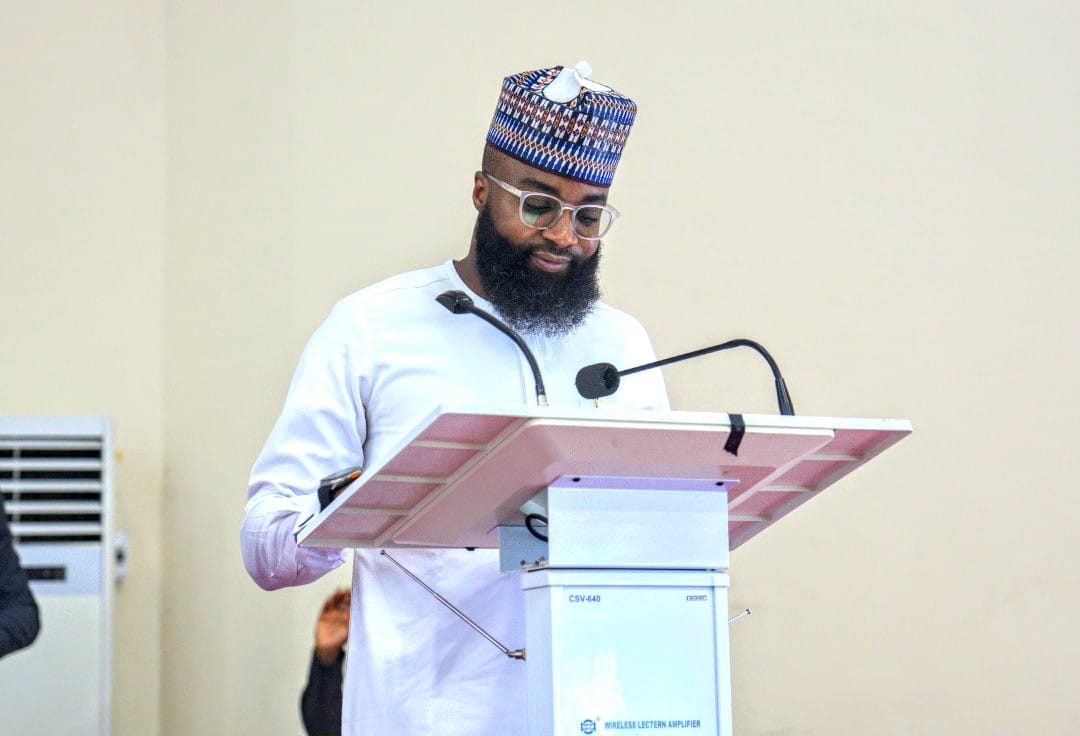The Delta-2 programme has reached an exciting new phase, signaling fresh opportunities for Nigerian innovators. Recently, the National Agency for Science and Engineering Infrastructure (NASENI) and the Presidential Implementation Committee on Technology Transfer (PICTT) launched the 2nd Call for Proposals. This phase specifically targets the commercialization of research and development outcomes across various sectors.
First, it’s important to note that Delta-2 is a powerful bilateral collaboration. Nigeria teams up with the Czech Republic’s Technology Agency (TA CR) to invite innovators, technology entrepreneurs, and researchers to submit their best ideas. The focus areas range from mining and agriculture to advanced manufacturing, science, and engineering. This wide scope creates room for diverse solutions that address Nigeria’s unique challenges.
Back in 2022, the programme’s initial Call for Proposals generated significant interest. Subsequently, NASENI awarded grants to winners, enabling them to scale their projects. Consequently, those successes have paved the way for the current phase. Therefore, this second call promises to build on earlier momentum and extend its impact.
During the launch, Dr. Dahiru Mohammed, Chairman of PICTT, highlighted the programme’s role as a major driver of innovation, economic growth, and sustainable development. He emphasized that Delta-2 accelerates Nigeria’s technological progress through international collaboration. Moreover, the Czech Republic’s expertise complements Nigeria’s local knowledge, creating a fertile ground for breakthrough ideas.
Participants benefit greatly from access to funding, mentorship, and global networks. These resources help remove barriers that typically slow innovation. As a result, entrepreneurs can focus more on perfecting their ideas and expanding their businesses effectively.
Furthermore, Delta-2 encourages solutions tailored to Nigeria’s pressing needs. For instance, innovations in agriculture can enhance food security, while mining technology improvements boost resource efficiency. Simultaneously, advancements in manufacturing and engineering open doors to new industries and job opportunities. Clearly, the programme aligns with Nigeria’s economic diversification goals, reducing dependence on oil revenues.
Importantly, the competitive nature of Delta-2 ensures that only the most promising projects receive support. Therefore, resources flow efficiently to initiatives with strong potential for growth and job creation. This merit-based approach motivates innovators to maintain high standards.
Looking ahead, NASENI and PICTT plan to sustain this momentum. They intend to broaden outreach efforts, attracting even more diverse and innovative proposals. This expansion aims to deepen Delta-2’s impact across Nigeria’s economy.
At the same time, the partnership with the Czech Republic showcases Nigeria’s growing role in the global tech community. It demonstrates openness to learning from international partners and fostering cooperation. Consequently, this strengthens Nigeria’s position as an emerging tech hub in Africa.
In summary, the Delta-2 programme exemplifies the power of partnership and innovation. It connects brilliant minds, funding, and expertise to transform research into market-ready solutions. For Nigeria, this means faster technological growth and a more vibrant economy.
As the second phase unfolds, stakeholders across sectors watch eagerly. Thanks to programmes like Delta-2, Nigeria’s innovation future looks bright, driven by collaboration and impact.






